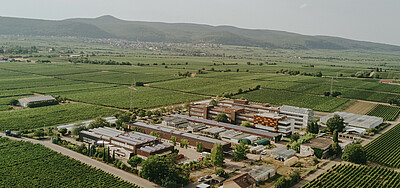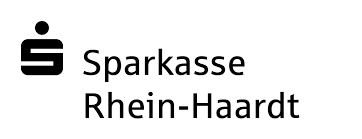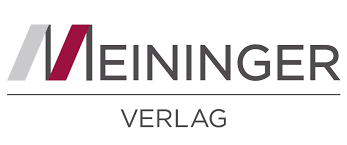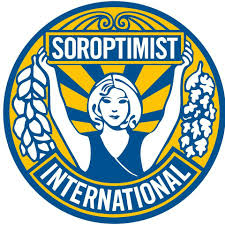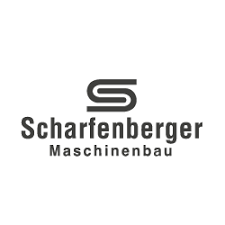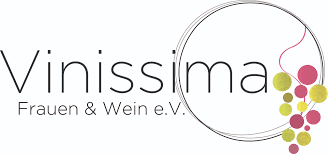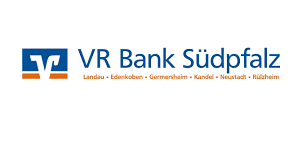About us
On the initiative of the state of Rhineland-Palatinate , Germany's first dual study program Viticulture and Enology was founded at the Wine Campus Neustadt in 2009 . The reason for setting up such a course of study was the increasing demand from the wine industry for practically and theoretically well-trained managers.
The cooperation between three universities and the Rural Area Service Center (DLR) Rhenish Palatinate opens up an exciting range of opportunities for the Viticulture and Enology course. The expertise of three universities coupled with the industry knowledge and infrastructure of the Rural Area Service Center (DLR) Rhenish Palatinate allows for a smooth transfer of knowledge from the university to practice and vice versa. The Wine Campus Neustadt's cooperation with over 600 wineries worldwide is one of the key strengths of the dual study program.

6 reasons that make the Wine Campus unique
Over 600 partner companies worldwide
Experimental winery with over 500 years of experience
Location advantage
Academic joint venture between three universities
Practical relevance through the service centers for rural areas
Sustainability in viticulture
How is the Wine Campus structured...
Organization
The Wine Campus Neustadt is a joint scientific institution of the Ludwigshafen University of Business and Society, the Bingen Technical University of Applied Sciences and the Kaiserslautern University of Applied Sciences in cooperation with the Rural Area Service Center (DLR) Rhenish Palatinate. The Ludwigshafen University of Business and Society at Ludwigshafen is in charge of the project.
At the Wine Campus Neustadt, professors from the universities teach and conduct research together with scientists from the Rural Area Service Center (DLR) Rhenish Palatinate. Over 600 cooperating companies worldwide are the practical partners for the dual training of students.
The Rhineland-Palatinate Chamber of Agriculture is responsible for the vocational training for winegrowers integrated into the degree program.
How did the Wine Campus come about...
History
The location can look back on a long wine-growing tradition. Among other things, the Wine Campus Neustadt site is home to the St. John State Winery, which has been used for viticulture since the eighth century.
In the teaching and experimental farm of the state winery , the experiments date back to the 16th century, to the time of the Elector Johann Casimir, who issued his own ordinance for planting his favorite variety "Gänsfüßer" as early as 1584.
In 1899, the "Städtische Wein- und Obstbauschule" was founded in Neustadt, which was nationalized in 1908 and renamed the "Königliche Lehr- und Versuchsanstalt für Wein- und Gartenbau".
In 1983, it became the Teaching and Research Institute for Agriculture, Viticulture and Horticulture of Rhineland-Palatinate. In 2003, it was renamed Rural Area Service Center (DLR) Rhenish Palatinate as part of the agricultural administration reform. Here, scientists conduct research in the fields of phytomedicine, viticulture, Enology and microbiology. Other research areas at the Rural Area Service Center (DLR) Rheinpfalz include horticulture and fruit and vegetable growing.
In 2009, the first dual study program in viticulture and Enology in Germany is founded in Neustadt. This course is run by the three universities Ludwigshafen, Bingen and Kaiserslautern University of Applied Sciences in cooperation with the Rural Area Service Center (DLR) Rhenish Palatinate.
In 2012, the scientific institution of the three universities was given its own name: Wine Campus Neustadt.
The part-time Master's degree course in Wine, Sustainability and Sales has been offered since the 2016/17 winter semester. In the 2020/2021 winter semester, the dual German-French Master's degree course in Viticulture & Enology was introduced in cooperation with the Université de Haute-Alsace.
Sponsors of the Wine Campus
Our netiquette
We attach great importance to trusting and valuable communication at the Wine Campus. Critics are welcome here, but haters are not. When commenting, please remember that you are dealing with real people and not automated response bots. So simply behave in the same way you would like to be treated if someone were talking to you directly. Of course, this applies not only to us, but to all users on our platforms.

